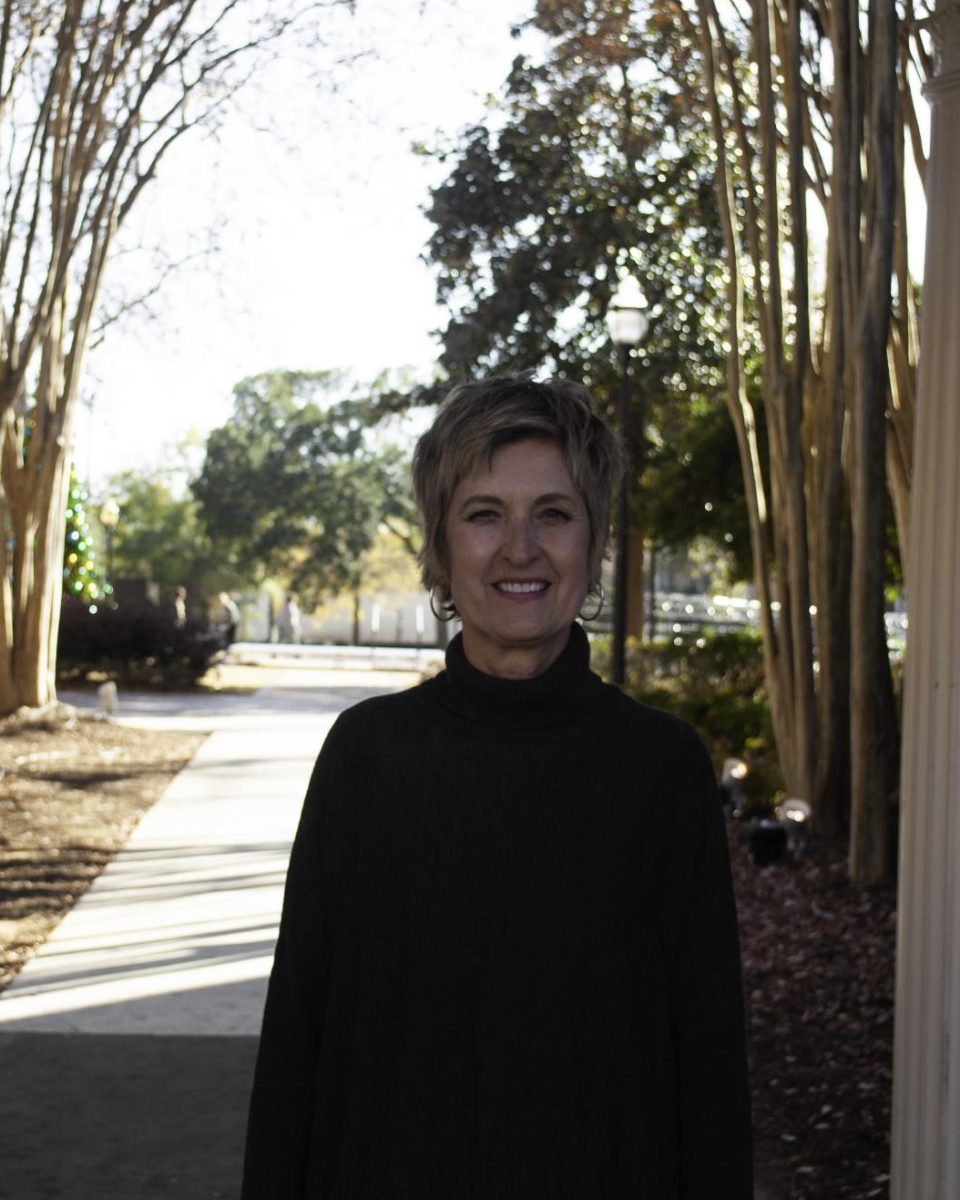GCSU offers multiple languages for students to learn from the Department of World Languages and Cultures, including French, German, Spanish and Italian.
Hedwig Fraunhofer, a professor of French and German, is from Germany and became a professor at GCSU in 1997. Before coming to GCSU, she knew she wanted to be a teacher.
“Both my parents were teachers, and my brother was a teacher,” Fraunhofer said. “When I was five years old, I sat in regularly in an English class that my father was teaching because Kindergarten ended earlier for me than my dad’s teaching day. I could say the alphabet in English before I learned it in German.”
Fraunhofer graduated from the University of Oregon with her Master’s degree and doctorate in comparative literature.
Fraunhofer also went to Universität Regensburg in Germany, where she earned her First State Examination for Teachers at Secondary Schools, which is equivalent to a Master of Education in America.
Fraunhofer is the main German professor on campus, and though she is fluent in both German and English, she speaks other languages as well, allowing her to also teach French courses.
Students are introduced to basic listening, speaking, reading and writing in language courses at GCSU. The classes also explore the history of the language and aspects of history that are crucial to the language.
“I think that we’re obviously a global society, and we need to be able to talk to other people even if they don’t speak English,” Fraunhofer said.“It gives us the opportunity to have experiences that we wouldn’t usually have. Yeah, so one of the abilities that we develop is the ability to work in multicultural teams. So these kinds of cultural communication skills, languages are also good for your brain.”
According to the National Library of Medicine, learning a new language helps improve short and long term memory. It also helps with performance in multiple academic subjects and boosts students’ literacy by helping them be able to adapt to new knowledge quickly.
For French majors and minors, GCSU offers multiple different courses on grammar and speaking, but also about French literature and culture.
“We want people to be able to speak the language and to be able to communicate in the language,” Fraunhofer said. “So when my students (come to class), they always kind of lobby for more English to be spoken in the class. And I say, what do you want to be able to do at the end of these classes? Do you want to be able to explain grammar in English, or do you want to be able to speak the language? They want to speak the language and so that’s what we do in class.”
The classes cover the different aspects of everyday life, such as ordering food, navigation and household item names.
Each class is built to be a continuation of the previous one in hopes of developing students in all areas of speech, writing, reading and oral expressions for all German-speaking countries.


